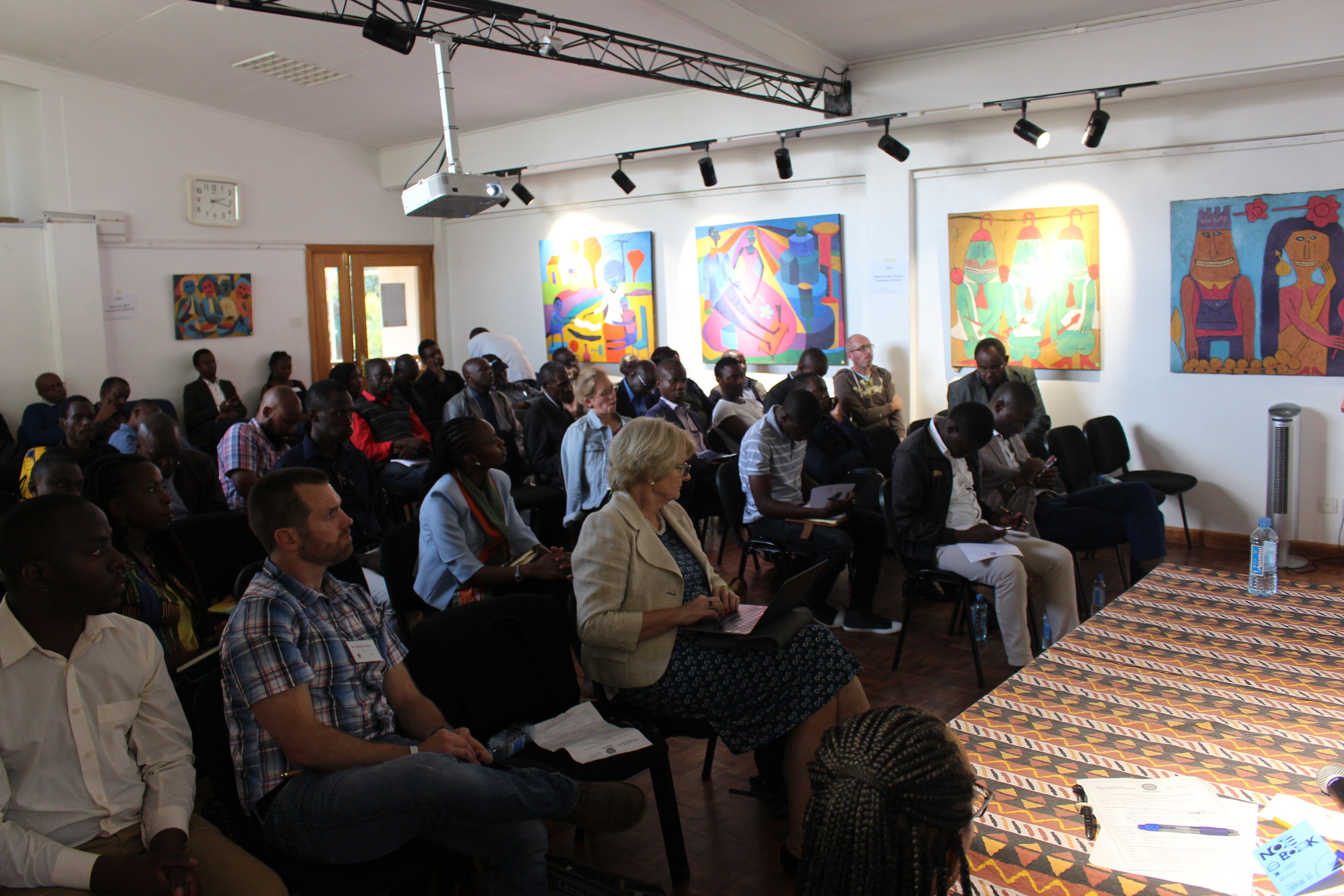We are pleased to announce that an Institute for Global Prosperity (IGP) team led by Dr Matthew Davies (IGP), in conjunction with the UCL Extreme Citizen Science Group (ExCites) and colleagues in Geography and Anthropology, has secured funding to develop a Citizen Science based project and mobile application to scale up the collection and use of indigenous botanic knowledge in Kenya.
The project will utilise a customised version of ExCites Sapelli software and will test and refine data collection, working with existing citizen science groups in both the Maasai Mara and Elgeyo-Marakwet regions of Kenya. The data collection and application testing will aim to capture the botanic knowledge of both Maasai herders and Marakwet farmers. The project will develop strict community protocols and procedures designed to ensure protection of sensitive knowledge and intellectual property, and to record data utilising localised concepts and categories. It will also aim to integrate the data collected with broader data infrastructures such as the African Regional Data Cube and use this for the first time to systematically correlate indigenous botanic knowledge with remotely sensed data at a large scale.
We see this as a first step towards empowering community botanic knowledge within a policy and development planning agenda, and look forward to future developments.
The Indigenous African Plant Knowledge and Sustainability (IAPS) project is funded by a UCL GCRF research grant. It is led by Dr Matthew Davies (IGP) with Professor Muki Haklay (UCL Geography), Professor Jacqueline McGlade (IGP), Dr Jerome Lewis (UCL Anthropology), Dr Michalis Vitos (UCL Geography), Dr Megan Laws (UCL Anthropology), Professor Henrietta Moore (IGP), Dr Wilson Kipkore (University of Eldoret) and the British Institute in Eastern Africa.








